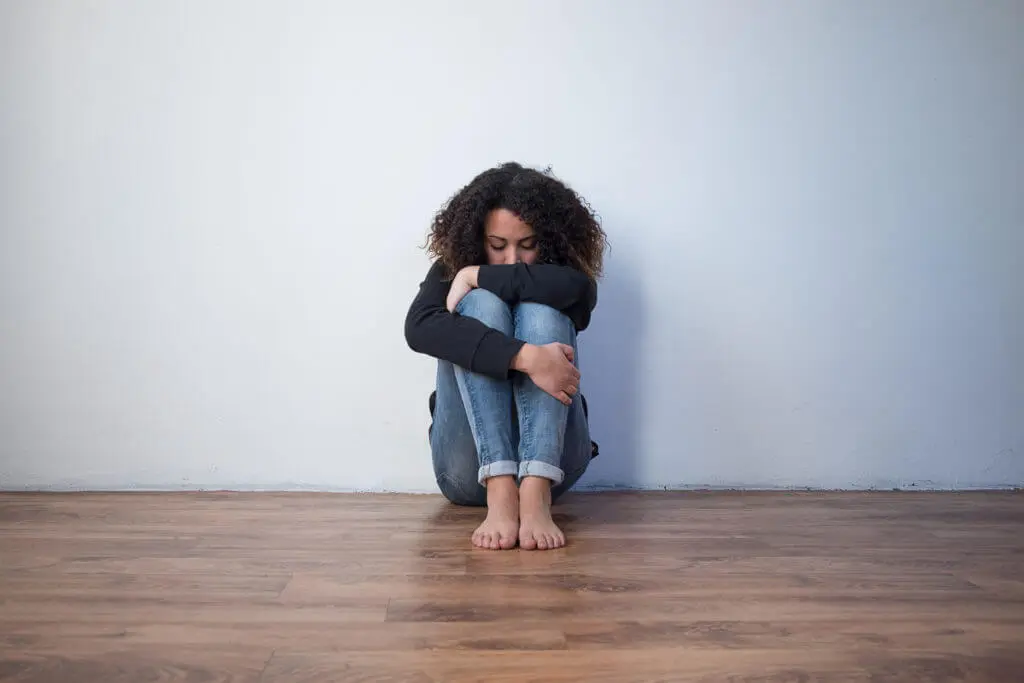
Trauma & PTSD Treatment in Los Angeles
Trauma and PTSD can impact the quality of life for many young adults. Even traumatic experiences during childhood can continue to affect a person throughout their entire lives. In addition, traumatic events are often an underlying cause of drug and alcohol addiction. Our trauma treatment center in Los Angeles is here for young adults with trauma and PTSD.

Trauma & PTSD
The National Council for Behavioral Health reports that 70% of Americans experience at least one traumatic event in their lives. Of those 70%, approximately 8% of them go on to develop post-traumatic stress disorder, or PTSD. Having PTSD and experiencing symptoms of trauma are two different things. PTSD is a diagnosable mental health disorder that is characterized by symptoms such as flashbacks, paranoia, hyper-vigilance, and insomnia that have developed in response to a traumatic event. Trauma is the residual impact that a traumatic event leaves on a person, which can include a lost sense of security, lack of trust in others, and disconnection from surroundings. Everyone, regardless of if their trauma turns into PTSD or not, shares one thing in common — they were personally impacted by one or more events that affected how they viewed themselves and the world around them.
Common Traumatic Events
One of the best parts of our world is that everyone is different. There are no two people who are exactly the same. This means that one person can be deeply affected by something that would hardly phase another person. But when it comes to trauma, there are several distressing events that can occur that are commonly shared by people from all walks of life. The most common events that cause trauma (and lead to PTSD in some) include, but are not limited to, the following:
- Sexual assault
- Physical abuse
- Psychological abuse
- Emotional abuse
- Sudden death of a loved one
- Witnessing a death
- Natural disasters
- Terrorism
- Racism
- Sexism
- Community violence (both first-hand and witnessed)
- Abandonment
- Neglect
- Severe physical injury
The unique personal factors that each individual possesses are often what determine if these traumatic events will be short-lived or if they will persist. For example, someone who experiences trauma but who also struggles with an untreated mental health disorder like anxiety or depression is more likely to develop PTSD after a traumatic event than someone without a pre-existing mental health disorder. Or, a person who previously experienced a traumatic event but did not develop PTSD may find themselves more susceptible to getting it upon suffering further trauma. Although post-traumatic stress disorder (PTSD) is the most commonly talked about trauma-related mental illness, it is not the most common mental health diagnosis among people who have experienced trauma. There are many ways that trauma can affect mental health in young people. In fact, for most young people, PTSD only captures a small aspect of their mental health state after trauma. Young people who have experienced trauma can develop a wide range of mental health problems, without developing PTSD. These include depression, anxiety, complex PTSD, borderline personality disorder, substance abuse disorders, eating disorders, psychosis, and suicide related behaviors.
How is Trauma/PTSD Related to Substance Use Disorders?
Trauma and PTSD often go hand-in-hand with substance use disorders. A whopping 75% of people being treated for substance use disorders have a past history of trauma. The primary connections between trauma/PTSD and substance abuse comes in the forms of pain, hurt, and confusion. The symptoms that develop after experiencing one or more traumatic events often causes people to become irritable, depressed, anxious, hopeless, disconnected. These feelings are often highly overwhelming, especially when a person does not have the appropriate coping skills to handle the effects of their trauma. After a while, turning to drugs or alcohol to self-medicate these symptoms can feel like an immediate, easy way to get these emotional responses under control. Drinking or doing drugs to forget about something that is going on actually might work at first. But the problem lies in the continued use of mind-altering substances. If abusing substances allows a person to quiet the chaos in their mind, what would make them want to give that up? The struggle that comes along with trauma and PTSD is so distressing that people who would have normally never engaged in substance abuse find themselves dependent on drugs and/or alcohol.
PTSD and a substance use disorder are some of the most common co-occurring disorders and can be treated. While nothing can ever erase a person’s experiences in life, that person can find ways to find acceptance and learn how to cope in a healthy way. At Launch Centers, we offer dual diagnosis treatment for co-occurring substance use disorder and trauma or PTSD.
Trauma and PTSD Treatment in Los Angeles, CA
Trauma and PTSD can affect young adults throughout the rest of their lives. When left untreated, these conditions can lead to poor outcomes in both mental and physical health. Untreated trauma disorders can also lead to addiction, as young adults attempt to self-medicate for their symptoms. At Launch Centers of Los Angeles, CA, we provide young adults with coping skills and tools they need to overcome trauma and PTSD through our personalized trauma treatment options. Visit our admissions page today to take the next steps towards recovery.



